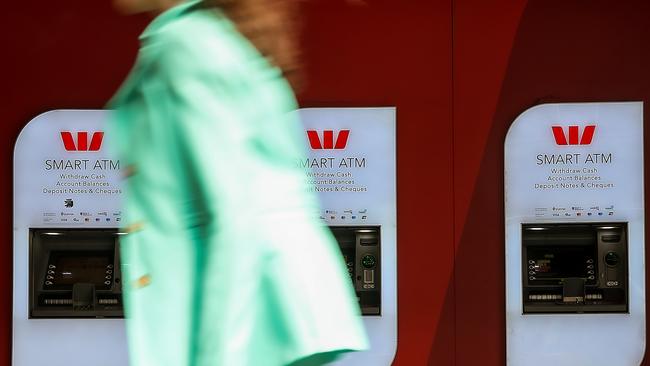Austrac warns banks to beware of suspicious transactions from students, migrant “mules”
Banks are being urged to be on watch for unusual transactions in accounts opened by international students and migrants, amid a surge in criminals using their access to move funds.
Australia’s banks have been put on watch over accounts held by international students and temporary migrants, with the financial crime regulator issuing new guides to the industry amid a surge in scams and fraud.
The Australian Transaction Reports and Analysis Centre on Tuesday told Australia’s banks to look out for suspicious activity across bank accounts, calling on the industry to clamp down on “mules”.
Mule accounts are used by criminal groups to send and receive funds from scams and frauds, before exporting the cash out of the country.
Criminal groups use other people to open these accounts.
Banks are required to disclose suspicious matters to Austrac or risk potentially massive fines.
In a guide published by Austrac, the regulator warned banks international students and temporary migrants were a key risk area for mule accounts, noting some visitors on-sold access to their bank accounts to criminal groups after leaving Australia.
Austrac noted students and non-permanent residents from East Asia and South Asia were key risk groups for criminal activity, with criminal groups often seeking to target these communities after they arrived in the country or as departed.
The regulator said plane ticket purchases followed by little to no activity before a surge in deposits and transactions were key giveaways an account had been sold to crime groups.

“These individuals have no declared income, and the funds received are disproportionate to their profile and unable to be accounted for by educational or familial support,” Austrac noted.
“Multiple individuals recorded at the same residential, IP and email address and/or against a common phone number are indicators that a third party is using someone else’s identification details to open accounts for mule activity.”
Austrac noted these foreign student mules were also often used by criminal groups to register companies and become directors as a “front to launder illicit funds”.
The regulator warned banks these companies were likely to receive high value or volumes of government payments inconsistent with their customer profile and were often registered to a residential addresses.
Austrac also warned banks to beware of students and migrants arriving in Australia with large sums of cash, warning them to watch out for those seeking to deposit cash held in supermarket shopping bags or those making cash deposits into multiple accounts.
The regulator also highlighted the rising problem of cryptocurrency mules, who used digital currency exchanges and cryptocurrency ATMs.
“The money mules setting up these accounts often have little knowledge of cryptocurrency and may indicate they are transacting on behalf of someone else,” Austrac said.








To join the conversation, please log in. Don't have an account? Register
Join the conversation, you are commenting as Logout